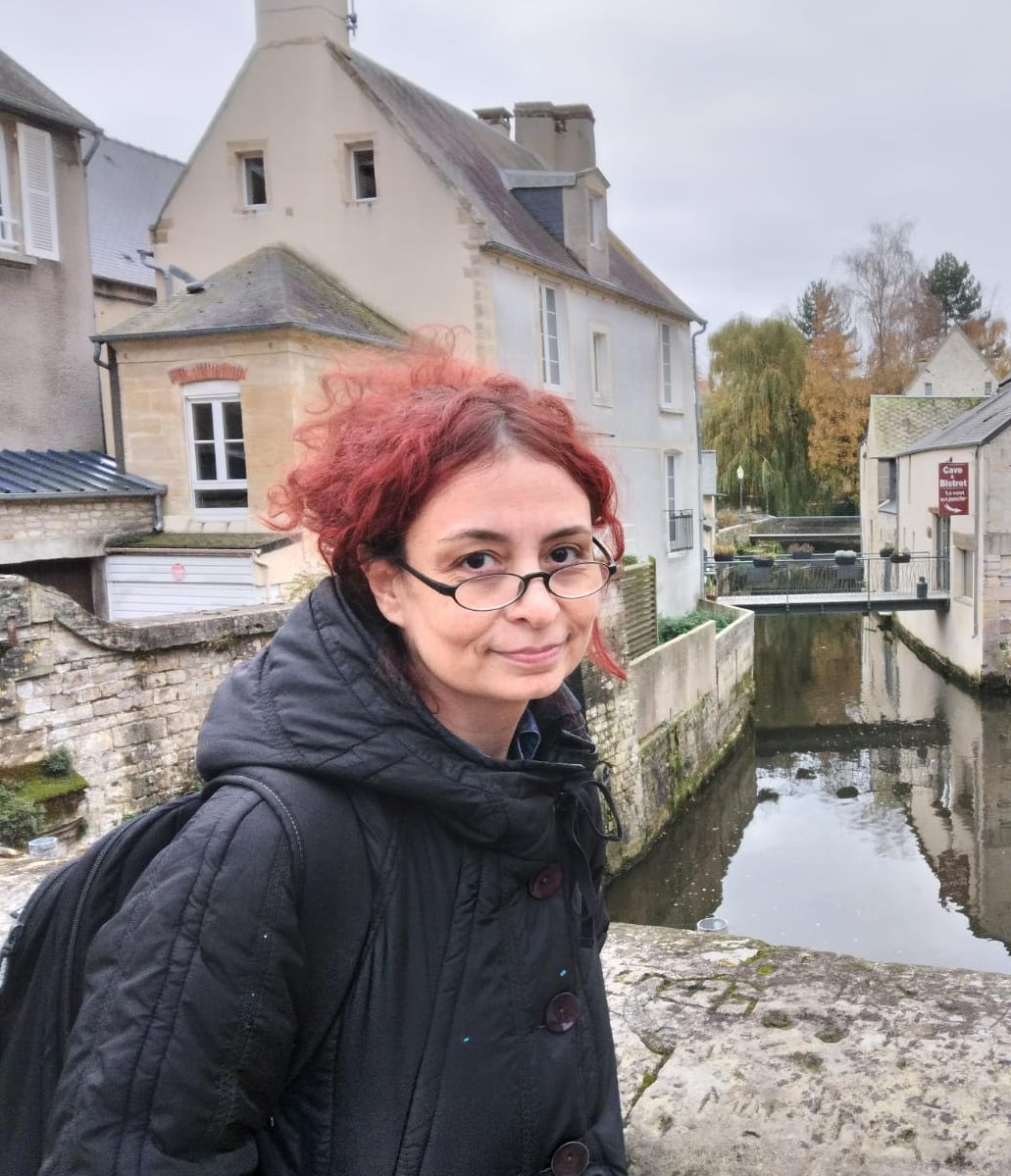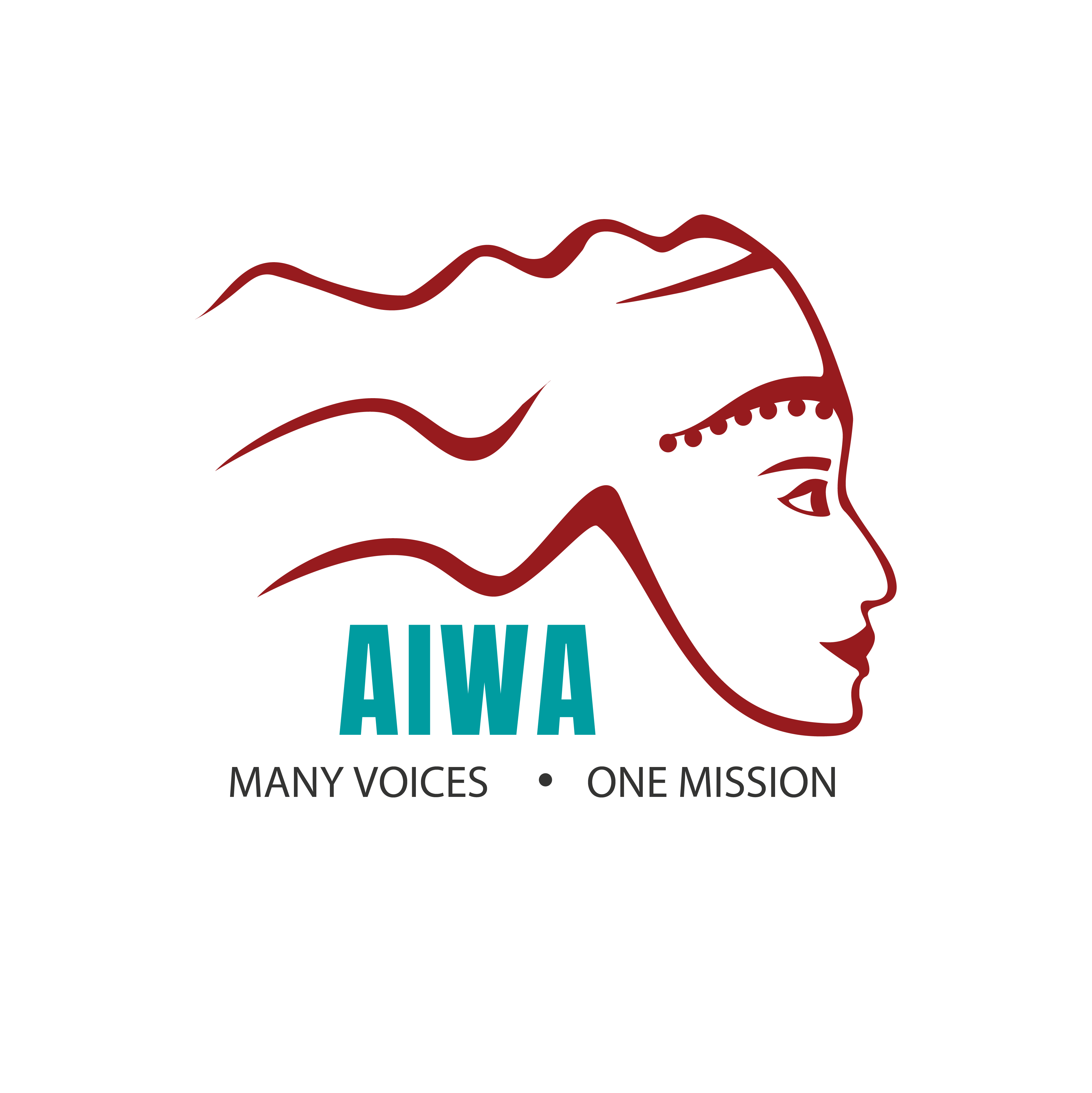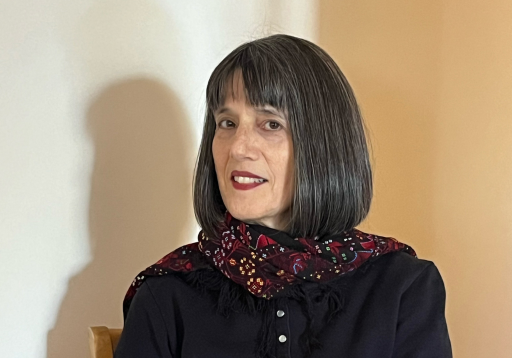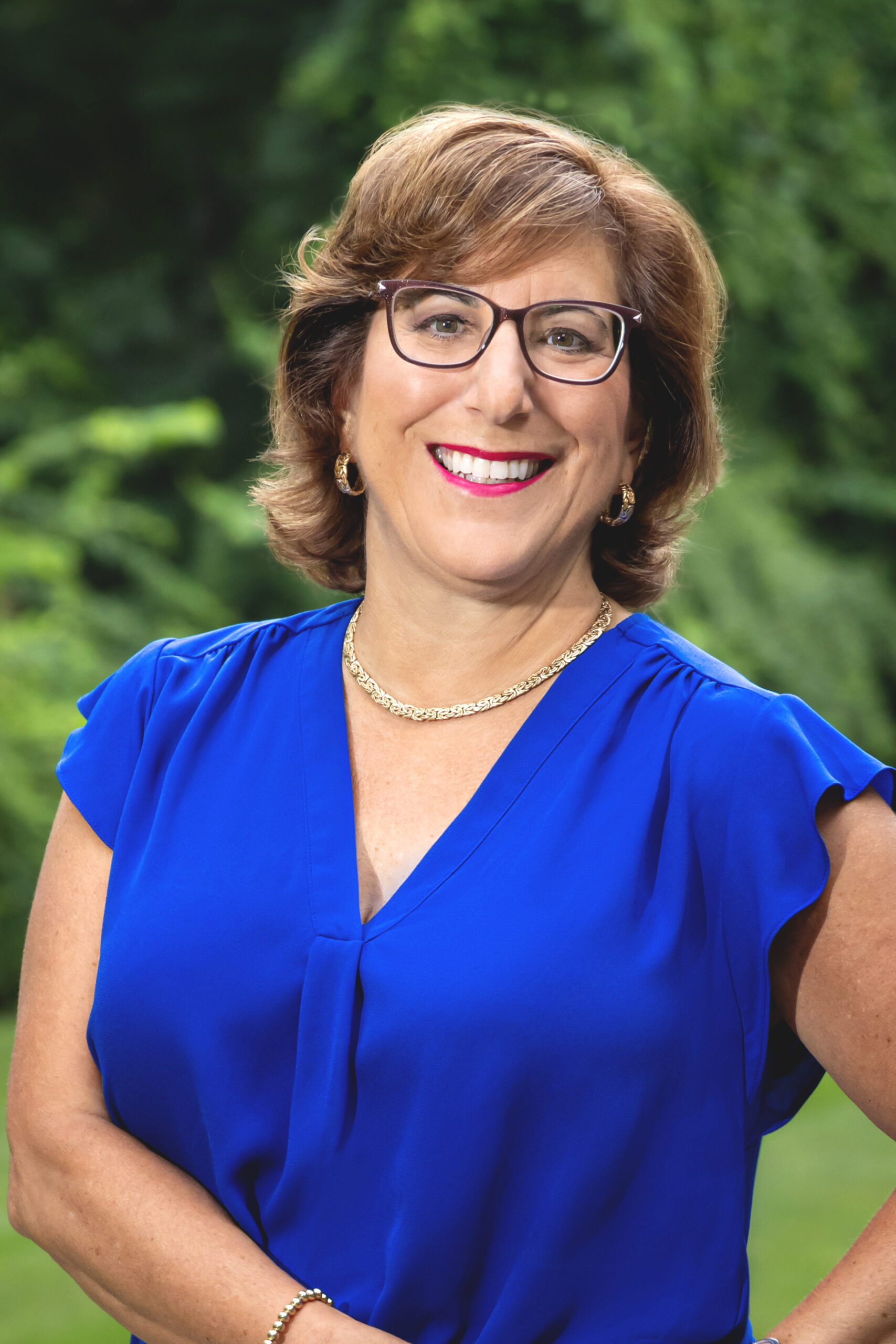
Annie Kurkdjian
THRIVE is an AIWA project dedicated to highlighting individuals who are doing remarkable things in their personal and professional lives to better themselves and those around them. These individuals are inspiring, dynamic, innovative and interesting. Today, we feature Annie Kurkdjian, Artist.
Annie Kurkdjian (She/Her), Artist.
Born in 1972, Annie Kurkdjian had to endure sixteen years of civil war in her native Beirut. Her childhood was marked by the noise of bombs, terror, permanent insecurity, and the inconsistency of ordinary things. As an Armenian, she already felt the trauma of the Armenian genocide through the history of her grandmother. At the age of twelve, when her family was preparing to flee Lebanon for France, she lost her father in a brutal murder during a hold-up. The next day she discovered pictures of his lifeless body, riddled with bullets, in the newspaper. As a young adolescent, she suffered from PTSD (Post Traumatic Stress Disorder) and realized that she had to find an outlet for the distress imprinted on her body. After a period of trying to find her niche, leading through studies of management, art, psychology, and ultimately theology, Annie decided to turn the page in 2005 and start a new life as an artist, with regular expositions in France, Lebanon, Bahrein, Jordan, and several other countries. She received many prizes like the Prize of Fontenay-sous-Bois town, the Jouhayna Baddoura Award, and a special mention from the jury of Salon Sursok. Her work is in many collections like Burlington City Arts, Musée de Tessé, Fontenay-Sous-Bois town hall, and the Jordan National Gallery.
Q: What is your hope for the future?
I don’t know exactly what I hope for the future. I only know that the future is built in the present, so I mostly care about the present. Life has taught me that we can expect miracles and wonders beyond anything we can imagine. We sow and when the time comes, the harvest ripens. We can’t control time; we just need to have trust. You have to do your daily work with love and leave the rest to God. Surrendering is very important to me, and I learn about it daily. I do my duty every day, the work dictated to me by conscience and love. In theology, there are two kinds of time: the “Chronos,” which is the physical time, and the “Kairos,” the metaphysical time, the time of God. He alone knows when and how. We can find great peace if we discern these two times and live them both together.
Q: How has the Armenian culture shaped/influenced you?
Armenian culture has had an essential role on me. I was born in Lebanon in 1972. My parents belong to the second generation of genocide and they were the typical immigrant survivors, trying to settle first in Syria and later in Beirut. Their concern was first to survive and then to make the culture survive. Both knew how sacred one’s culture is. We had a big library at home and a big part of that library was dedicated to Armenian literature. I attended the Palandjian college, founded in Beirut by Armenian intellectuals sometime after the genocide. The college’s primary mission was to prepare a new generation of upright Armenian intellectuals. Other than the French baccalaureate, this college was the best known in the diaspora for teaching the Armenian language, literature, and history with great seriousness. At ten years old, I read Raffi’s “Madman,” and my imagination was completely under the spell. I asked myself 1000 questions, visualized every detail the poets and novelists of Uskudar described, and decided to be a poet just like Bedros Tourian or Medzarents. They were my loves. I slept with Raffi’s “Gaydzer” book under my pillow. Armenian literature was the door through which I entered the world of art. It was a period of the civil war in Lebanon without access to exhibitions or museums. Still, there were Armenian books that I could read, and in the shelters of Beirut, that was more than enough for me to travel in spirit, create links with dead artists, and fall in love with poetry and art.
Q: What is your life philosophy?
Ora et Labora
NOMINATE A THRIVE RECIPIENT
Do you know an amazing Armenian Woman to nominate for AIWA Thrive?





